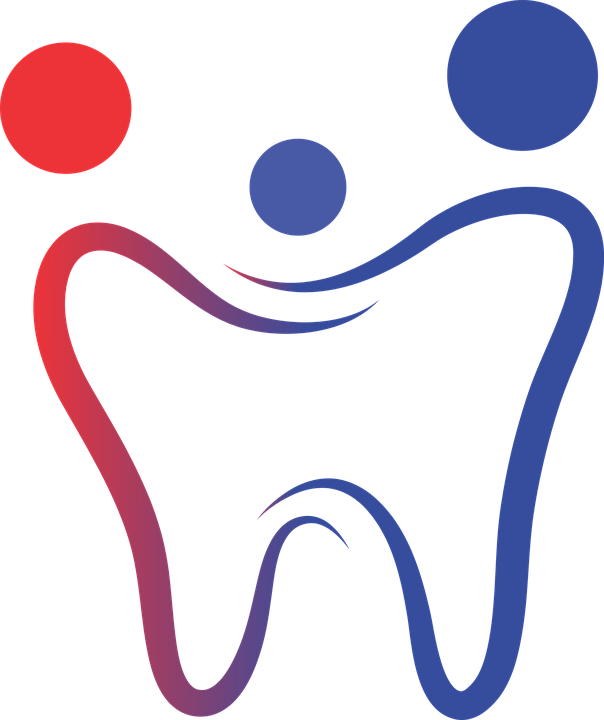
This mouth freshening product is very popular, but is it really necessary?
It can appear like mouthwashes take up a lot of shelf space and are therefore quite noticeable to customers, possibly because they are one of the largest dental goods offered in our supermarkets.
This could be one of the factors contributing to the widespread use of mouthwash. It probably also helps that it is quite simple to use and gives you a fresher mouth and breath. In today’s blog, we’ll examine the advantages or lack thereof of this well-liked product to assist our Ipswich patients in determining whether it will be beneficial to them or not.
I should start by saying that if you have ever used mouthwash and were discouraged from doing so by your dentist Richmond, you might be interested to know that times have changed and they are now more than simply a “perfume for the mouth,” as some have claimed, but can provide real benefits. However, there are warnings. You will have fresher breath after using it, but most toothpastes also have that effect, so there is a chance that some individuals will stop brushing and use mouthwash exclusively.
Not a substitute
The most crucial point to make is that mouthwash is not a replacement for a sound dental hygiene routine. Despite how it can seem in alcohol-containing products, microorganisms from the teeth and gum line are not “burned away.” The only way to effectively eliminate bacteria and mineral deposits from the teeth and gum line is to brush thoroughly and use dental floss. To make sure you keep a healthy mouth, the hygienist should perform more thorough cleaning.
What advantages does mouthwash provide given that you don’t actually “need” to use it?
Why should I use it?
Despite the foregoing, a high-quality mouthwash can offer an additional line of defence against issues like gum disease. It can reach areas that brushing and flossing might miss because it is a liquid. Fluoride, which can naturally freshen breath, helps to strengthen the teeth’s protective enamel layer and is a component of certain mouthwashes. As long as you are also properly cleaning your teeth and aren’t merely using it to mask bad breath that can be brought on by gum disease, this use of it is entirely appropriate.
Which mouthwash should I use?
This question does not have a universally applicable solution. One brand may be more advantageous to some of our patients than another. Most have advantages in particular regions, thus it is advised that you talk to your dentist about this so they can point you in the direction of the mouthwash that will work best for you. Some are fantastic for treating gum disease, some for treating dry mouth, and others for boosting enamel. Some mouthwashes include ingredients that coat the teeth with a layer of protection. Prior to choosing your brand, it is advisable to obtain professional assistance as this can both protect them and invite discoloration.
How do I use it?
The majority of us might only give the bottle’s directions a cursory check. Although using mouthwash appears very simple, there are a few things to keep in mind.
Rinsing your mouth with mouthwash after brushing your teeth may seem like the most logical thing to do. However, you shouldn’t do this since mouthwash contains less fluoride than toothpaste and rinsing with mouthwash could wash much of it away. The ideal time to use it after cleaning your teeth is about 30 minutes. Additionally, you should wait around 30 minutes before eating or drinking after using it (some mouthwashes are likely to affect the taste of your food for a short while anyway).
Also keep in mind that many products contain alcohol, which you might want to avoid for cultural reasons. It could also make your mouth feel dryer. You can still utilise a variety of alcohol-free products in either of these scenarios.
The key takeaway is that mouthwash can be useful if used properly. However, it is NOT a replacement for brushing, flossing, and hygienist-performed professional cleanings. For the best results for your teeth and gums, make sure to follow a strong oral health regimen at home and Dentist Richmond and hygienist frequently.
